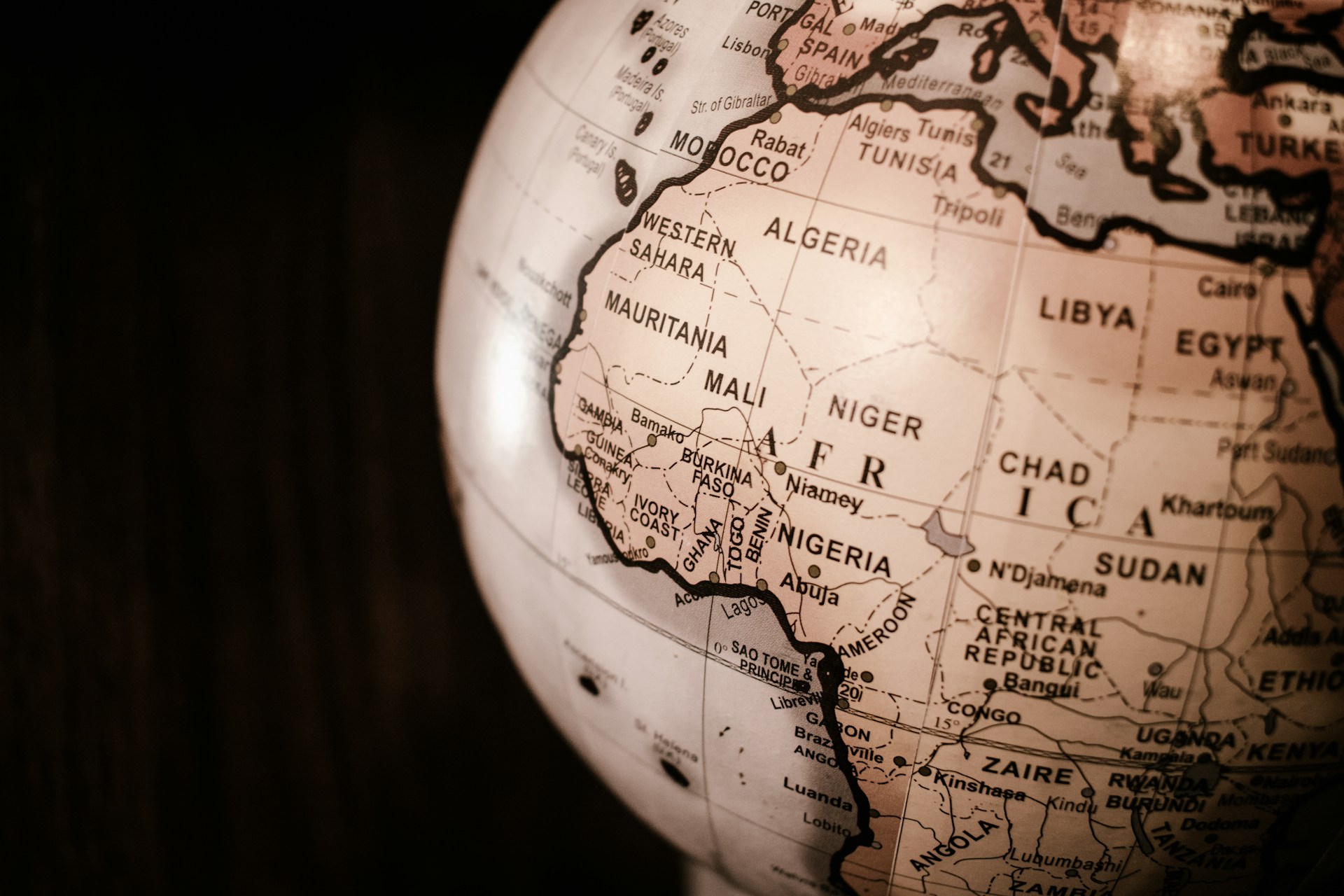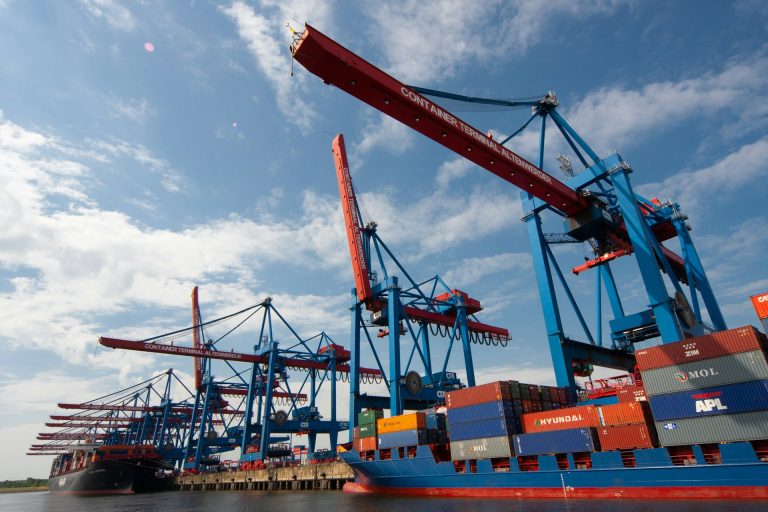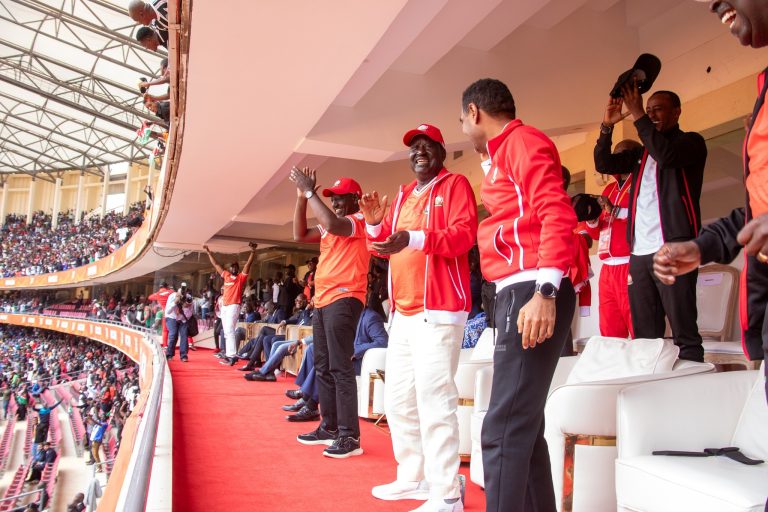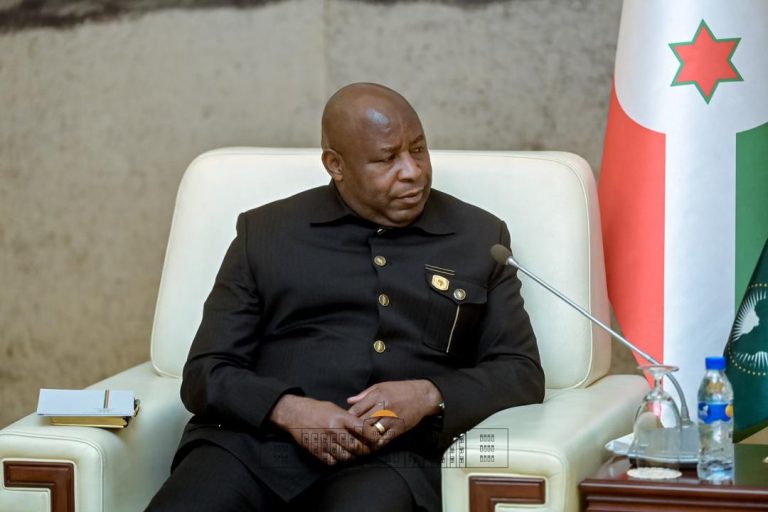At UNGA 80, African leaders demanded a reset of global trade and finance – raising hopes of real leverage, but doubts linger over delivery.
At the 80th United Nations General Assembly, African leaders pressed forcefully for systemic reform of global trade and financial institutions.
Their interventions aimed to recast Africa’s relationship with the world economy – but whether they secured real traction beyond rhetoric is now the central question.
Ghana’s President John Dramani Mahama did not mince words.
“We demand not only a reform of the Security Council, but also a reset of the global financial architecture, which is currently rigged against Africa. Africa must have a greater say in the world’s multilateral financial institutions,” the Ghanaian leader stated.
His remarks coincided with the unveiling of the Accra Reset, a vision for repositioning African states as co-designers – not borrowers – in health, development and fiscal governance frameworks.
Scholars such as Prof. Lord Mawuko Yevugah lauded Mahama’s oration, deeming it “a historic departure from earlier UNGA scripts, where Africa was addressed, not heard.”
South African President Cyril Ramaphosa echoed the push, decrying the weaponisation of trade and calling for a transformation in multilateral institutions.
In remarks reported by Reuters, he warned that trade restrictions are being used as geopolitical tools, underscoring the urgency of Africa’s collective push.
The stakes: trade, FDI and intra-Africa integration
These calls come amid shifting global investment flows and mounting pressure on Africa to reduce its dependence on external markets. In 2024, foreign direct investment (FDI) to the continent surged 75%, reaching $97 billion, thereby capturing 6% of global FDI — up from 4% a year earlier. Even excluding mega-project distortions, the continent saw a 12% net increase in FDI.
However, much of Africa’s trade remains external. Exports of intermediate goods (excluding fuel) have grown sharply – from $196 billion in 2019 to $312 billion in 2022 – but only 12.8% of that trade stays within the continent. This underscores persistent fragmentation, poor logistics and high costs of cross-border trade.
Africa’s flagship project for deeper integration, the African Continental Free Trade Area (AfCFTA), is now in its operational phase. Its Pan-African Payment and Settlement System (PAPSS) is meant to reduce reliance on foreign currencies and decrease transaction costs. But critics caution that infrastructure gaps, inconsistent customs regimes and regulatory misalignment still hamper full momentum.
From talk to leverage
In terms of visibility, African leaders succeeded: they made trade justice and financial reform impossible to ignore at UNGA 80. The demand to “reset” the global architecture sets a new template for Africa’s engagement – no longer as a passive recipient, but as a demanding actor.
Yet visibility alone won’t shift the balance of power. For these speeches to become leverage, African states must now institutionalise their collective voice, coordinate regional trade enforcement, and back bold proposals with consistent domestic action. The Accra Reset needs to be more than a UNGA banner – it must translate into shared strategy in multilateral forums, pooled representation in financial bodies, and realignment of trade corridors.
For investors and market watchers, this moment is a test: Africa is signaling ambition, but the greatest returns will go to those who watch whether the capitals can convert intent into institutional change.










